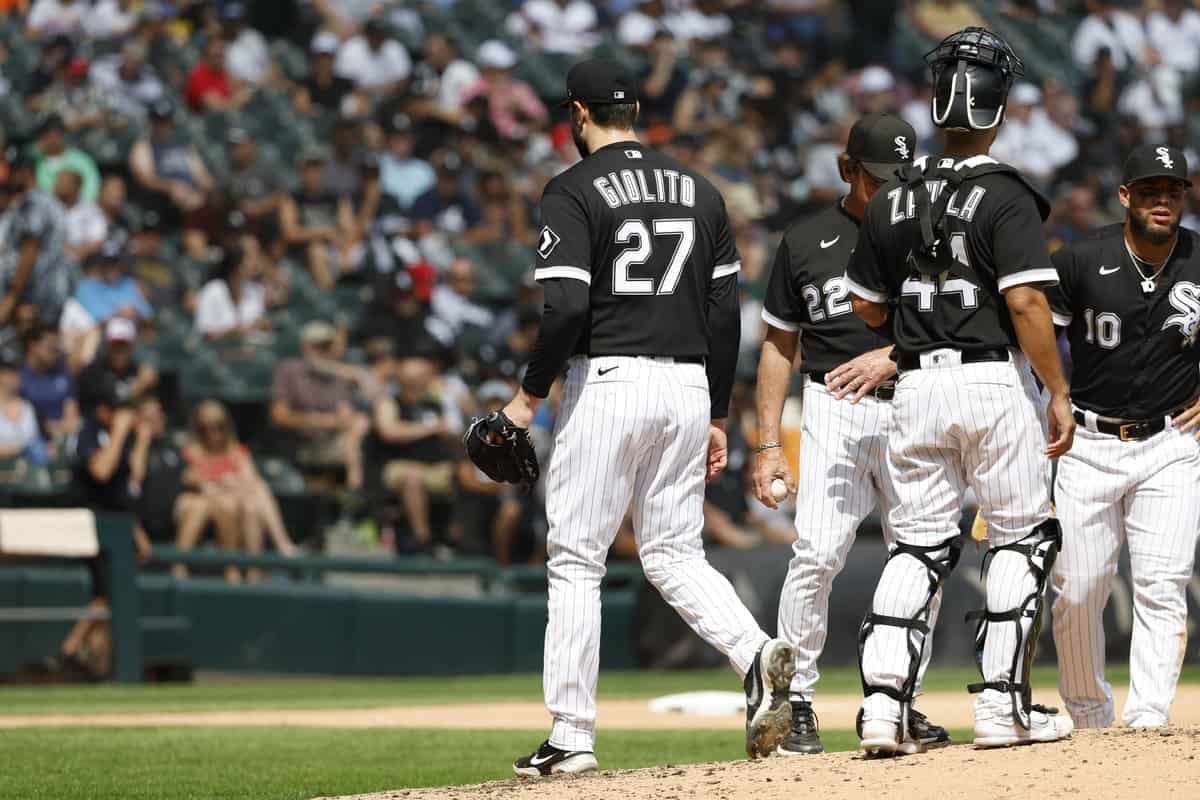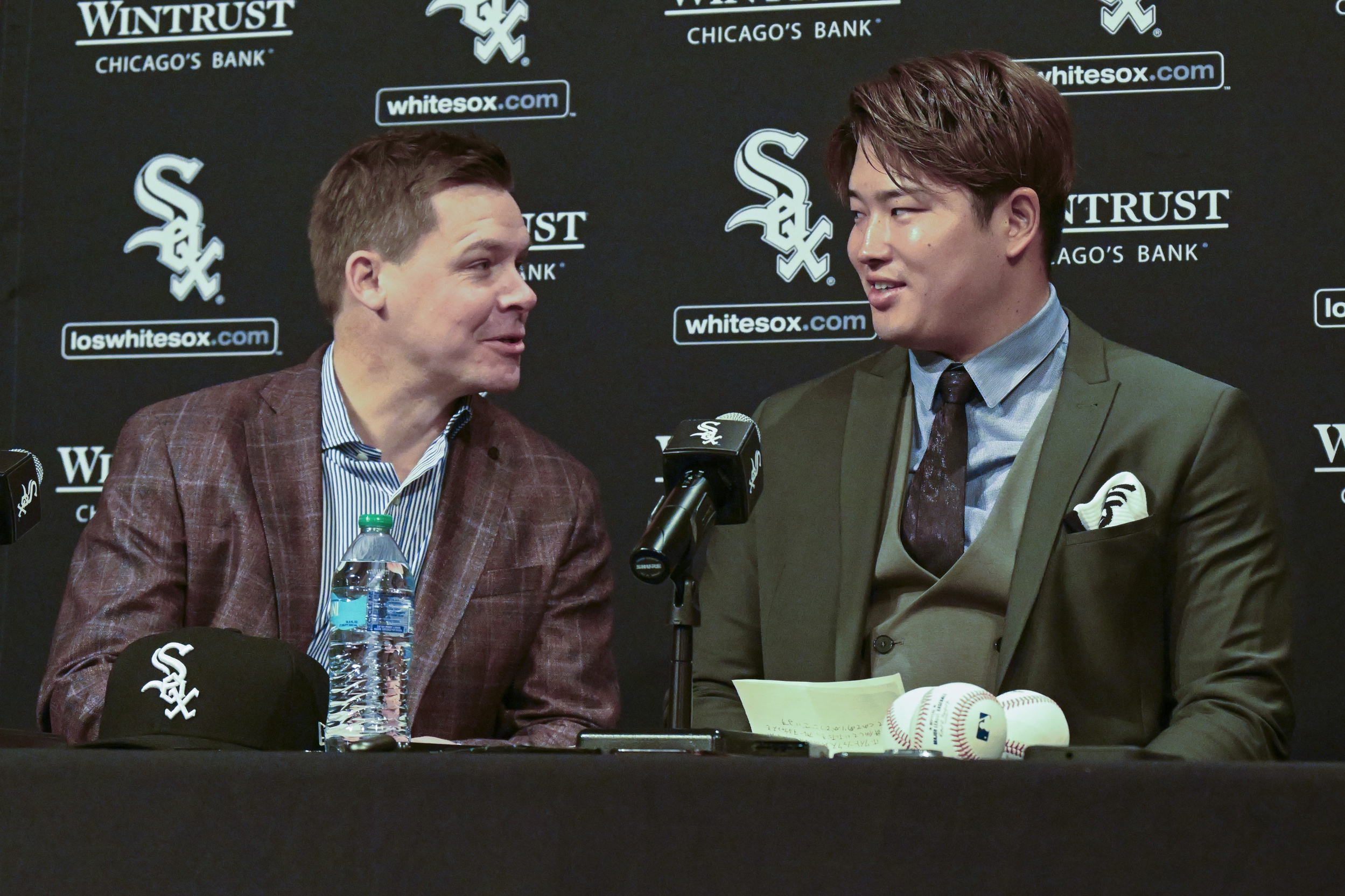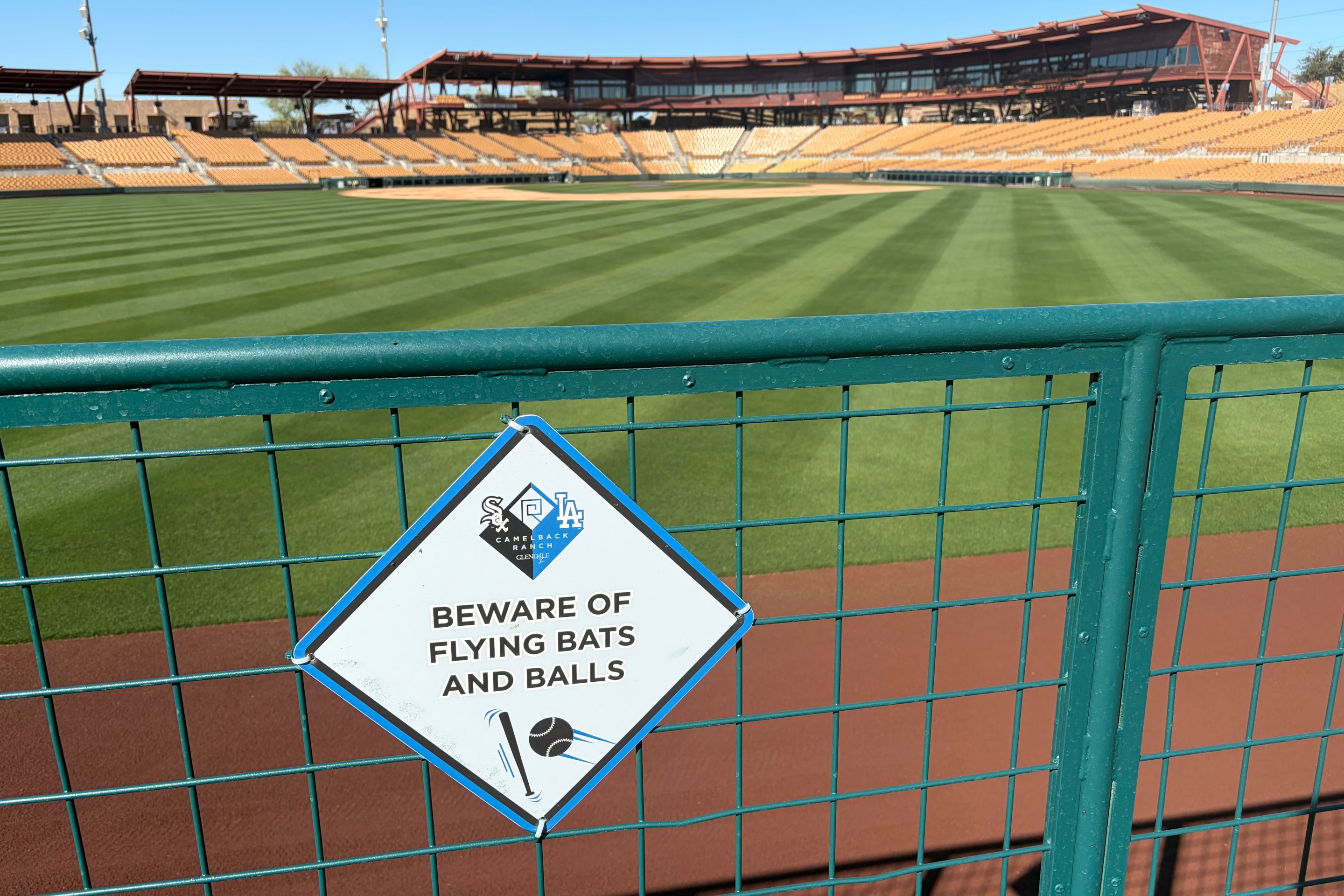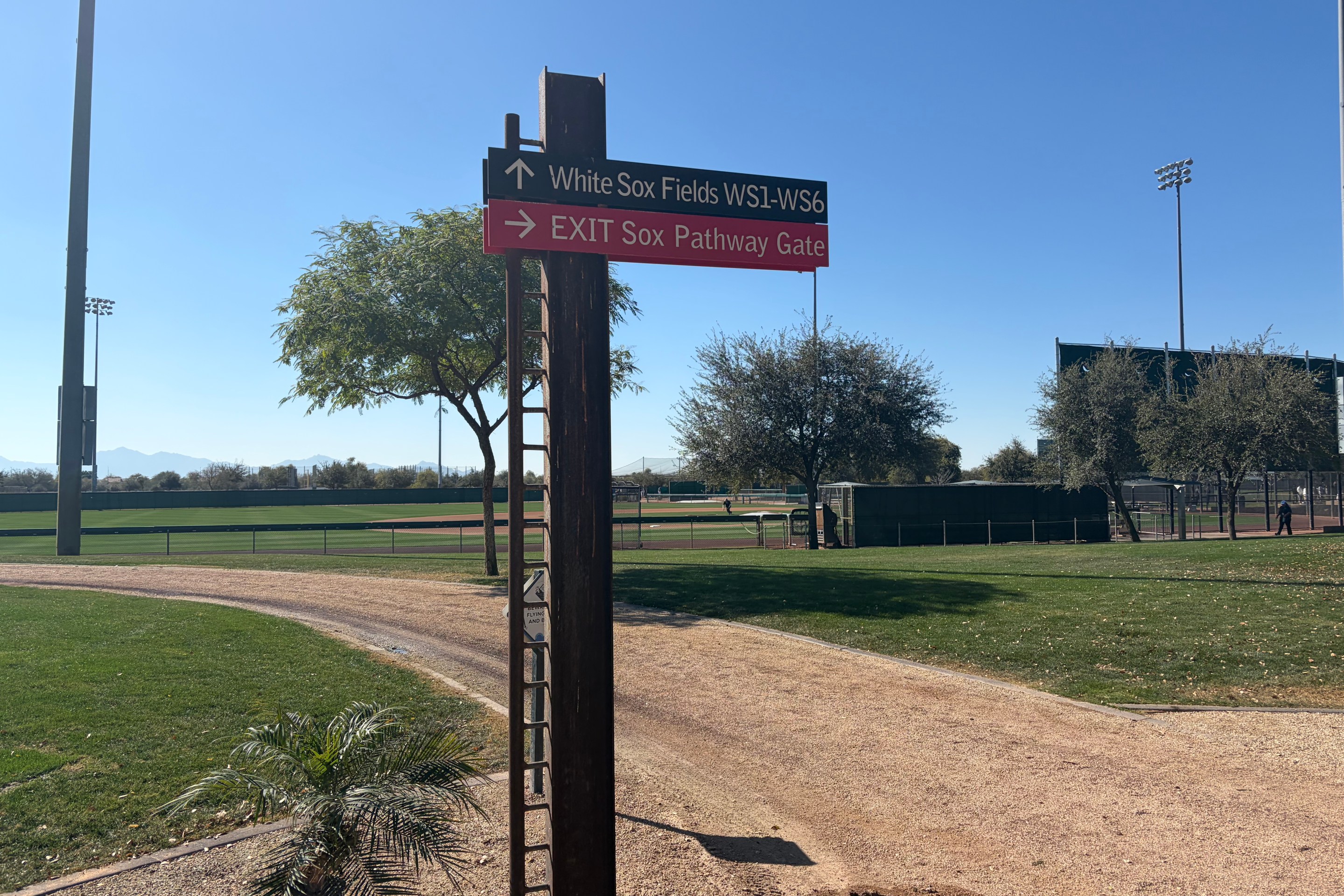On Sunday morning, as the White Sox were set to improve to 4-2 in May and 5-2 in their last seven, Bob Nightengale spent a few paragraphs of his latest notebook explaining how the Sox will try to break it down if they can't mount a real challenge in the AL Central.
It starts with the Rangers, whose inability to hold late-inning leads might have them looking for high-leverage help this summer.
If the Rangers wait, they could pick up veterans Joe Kelly or Kendall Graveman if the Chicago White Sox are out of the race by July.
– The White Sox don’t plan to keep starter Lucas Giolito after this season, and will make him available at the trade deadline if they are out of the race.
– The White Sox certainly plan to pick up the $15 million option on closer Liam Hendriks in 2024 considering the buyout is also $15 million.
These feel like Jerry Reinsdorf's truths, particularly the one pertaining to Giolito. Rick Hahn publicly adopts a never-say-never stance with impending White Sox free agents no matter how thick and layered the writing on the wall, whereas if we can assume that Reinsdorf still conducts himself the way he did decades ago, then you can just apply his 1997 quote about catching Cleveland to re-signing any White Sox player who may command considerable money on the open market.
Giolito's camp probably doesn't see a long-term future with the White Sox either, so I doubt that particular sentence alters any relationships. Nevertheless, a team normally wouldn't want to invite that conversation when they have bigger immediate crises, but since Reinsdorf doesn't grant local audiences, he's never required to participate in conversations he starts.
The note about Hendriks also caught my attention, mostly because "certain" and its various forms aren't words I'd associate with his season as he works his way back from beating non-Hodgkin lymphoma. Maybe he'll be able to slide back into the closer role after a ramp-up period, or maybe that ramp-up period will last the rest of the year.
If it struck me as unexpected, it's because the White Sox seemed bizarrely proud of the way that contract was structured. Reinsdorf took a victory lap for it, telling Nightengale back in 2021, "There was no way I was going to commit to a regular four-year contract," and yet here the White Sox are, treating it like a regular four-year contract.
The reasons run the gamut. If you're willing to assign the kindest and most compassionate motives, the White Sox don't particularly care to wield Hendriks' cancer battle against him financially, and that wouldn't be out of character.
But you could also imagine the White Sox choosing a similar course even if Hendriks didn't experience this particular detour. Let's go back to Reinsdorf's stated reasoning for the massive buyout.
“While I knew we weren’t really going to save any money,’’ Reinsdorf said, “the reason I proposed 10 years it is that it would give us some cash flow relief. The player would get the same money he was going to get, but if we had to let him go, I didn’t want to have a $15 million payment for the year if we had to replace him. It just made it easier to absorb the pain if we had to let him go.
The White Sox won't have to worry about cash flow relief in a scenario where they're rebuilding, resetting and/or retrenching. In that case, they're better off paying Hendriks $15 million on a greatly reduced payroll and seeing if he brings back anything on the trade market during the year, rather than having an extra $1.5 million payment to negotiate in years where every dollar matters, especially if José Abreu is already receiving $1 million in deferred salary through 2026.
The situations regarding Kelly and Graveman are far simpler by comparison, as both have to be healthy and pitching well in order for any team to care. In that scenario, Kelly strikes me as the more desirable option because his contract expires after the year, whereas Graveman is owed another $8 million in 2024.
Think of it in terms of the Jake Diekman trade, which wasn't a mistake if viewed only in terms of talent. The White Sox could've used a credible lefty reliever and Reese McGuire was the out-of-options catcher other teams might've wanted. That much was fine, even if it would've been nice to retain McGuire.
The problem was that Diekman showed signs of slippage while being owed $3.5 million the following year, followed by a $1 million buyout, meaning the Sox ran the risk of buying into a decline out of desperation. That's what made it immediately regrettable, and I imagine teams less addicted to acquiring relievers would prefer the shorter commitment, all things being equal. These discussions are merely theoretical for the time being, with the hope that things like the White Sox's winning percentage won't remain the same weeks and months from now.






